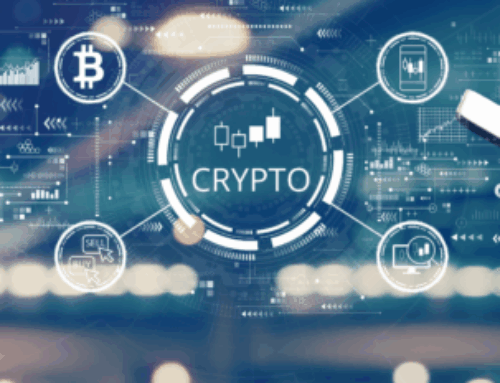
The Minsky Moment is a term coined by economist Hyman Minsky, describing a crucial point in the economic cycle when a period of rapid growth and increasing optimism leads to excessive speculation and risk-taking in financial markets; this can ultimately result in a sudden collapse in asset prices and a crisis in the financial system – as investors and institutions find themselves unable to repay their debts and meet their financial obligations.
The recent banking failures in America have been caused by a combination of factors, including the Federal Reserve’s decision to increase interest rates by 4,000%, which has distressed the short-term bonds that banks use to shore up their liquidity. This has led to a liquidity crunch, with many banks struggling to meet their financial obligations. US Bank and the Bank of the West were acquired by other banks in January and February because of stress to their liquidity. Silicon Valley Bank and Signature Bank were taken over by the FDIC because of liquidity and Credit Suisse was forced to sell to UBS for the same reason.
An additional effect of the raising of interest rates at the fastest pace in history is the crisis caused in the mortgage industry. Most existing homeowners are currently enjoying low interest rates, reducing the likelihood of moving or refinancing. This has led to a slowdown in the housing market, as fewer people are buying and selling homes. As a result, mortgage lenders are experiencing a decline in revenue, as the demand for mortgages and refinances decreases. On top of it all, the Fed stopped purchasing mortgage-backed securities in September of 2022.
Overall, the recent Minsky moment has highlighted the fragility of the financial system, and the need for policymakers to take action to address the underlying issues. The Federal Reserve’s decision to increase interest rates played a significant role in this crisis.
Unless the Fed reverses course on hiking interest rates, they will be creating a much bigger problem than inflation – the collapse of our banking institutions and capital markets. While some see the handful of banking failures as anomalies, I see them as the tip of the iceberg. In terms of stock market, we are more likely to see a 12% drop this quarter than we are to see even modest gains. In terms of the housing market, there is some potential for investors to see the stability of housing to protect their cash – rather than risk the uncertainty of cash tied up in failing banks.




